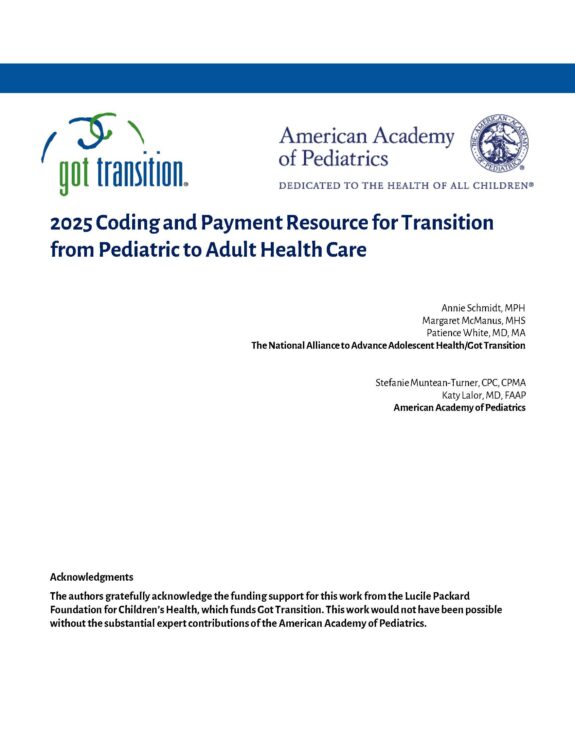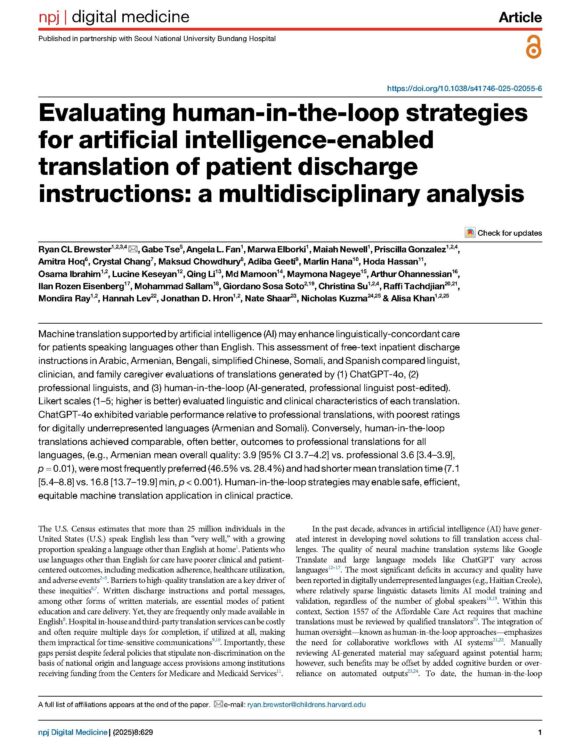The First Transition: Perspectives on Age 3
Much attention is appropriately focused on the transition of children with special needs to adult services, but another, much earlier transition also can create stress, confusion and difficulties for families.
Many children in California benefit from developmental, educational, and health services to support their growth and learning. Infants and toddlers birth to age 3 may receive Early Start services. Children ages 3 to 5 years may receive special education services. By law, Early Start services end on a child’s 3rd birthday. If a child is eligible for special education services, those services begin at age 3.
This transition to special education comes at a time when families may still be arriving at an understanding of their child’s needs. They may have just become comfortable with their child’s program and service providers, and, before they know it they are confronted with significant changes and renewed uncertainties about the future. The service “perspective” also changes between Early Start and special education, from being family-focused to being child-focused, from comprehensive consideration of the child’s and family’s needs to consideration of the child’s needs only in relation to the educational environment. Families face learning about entirely new agencies, new processes for determining services, and new environments in which services will be provided.
Our complex system of assessing and providing intervention for young children does not make this transition easier. Age 3 is not a natural or intuitively appropriate time to disrupt 3-year-olds’ services and relationships with service providers. Our system of care in California should be reviewed and updated to better serve young children and their families by enhancing continuity of service from birth to age 5. In the meantime, the professional community should help to make transition at age 3 as smooth and easy as possible.
One of the best ways we can support parents is by connecting them with other parents. We should make sure that parents of children receiving Early Start or special education services are referred to their local Family Resource Center (www.frcnca.org) as soon as possible. Family Resource Center staff members are typically parents of children with special needs who have first-hand experience with the service system and its transitions and other challenges. Family Resource Centers provide parents with emotional support, information and referrals, and help in navigating the service systems.
Professionals can do much more to support families with the process of transition at age 3. We need to make sure that families are well informed about what the transition process is and what to expect. We need to make sure we live up to our responsibilities with respect to transition and meet required timelines in completing process steps and paperwork. We need to ensure that subsequent service and care providers are well-informed about the child and the family’s history, the child’s needs and strengths, and plans that have been made for future services. Above all, we need to make sure we work actively to help parents be partners in making decisions about their child. That means making sure parents understand information that we provide about their child and soliciting information from parents — we need to ask instead of just tell. We must listen to parents concerns and take time to explain recommendations and decisions that parents might not agree with or understand. We must help parents access information and navigate referrals and services to support their child’s continued development. (See the newly released handbook, Effective Early Childhood Transitions: A Guide for Transition at Age Three—Early Start to Preschool)
Professionals who work with children with special needs should help make transition at age 3 streamlined for families. Let’s advocate for review and improvement of our service system in California, emphasizing continuity of care for children with special needs and a family-centered approach to better support children and families.
Barbara Sheehy has been the California Children’s Services Administrator in Contra Costa County since 2002. She currently serves on the steering committees of Children’s Regional Integrated Service System (CRISS), Building Blocks for Kids Collaborative, in Richmond, CA, and the Contra Costa Early Childhood Leadership Alliance (ECLA).
Deborah Penry is the parent of a daughter with special needs who transitioned from Early Start to special education services. Over the years she received information and parent-to-parent support from Care Parent Network, the Family Resource Center for Contra Costa County. She became a volunteer mentor parent and then a staff member with Care Parent Network to help support other parents as she has been supported.



